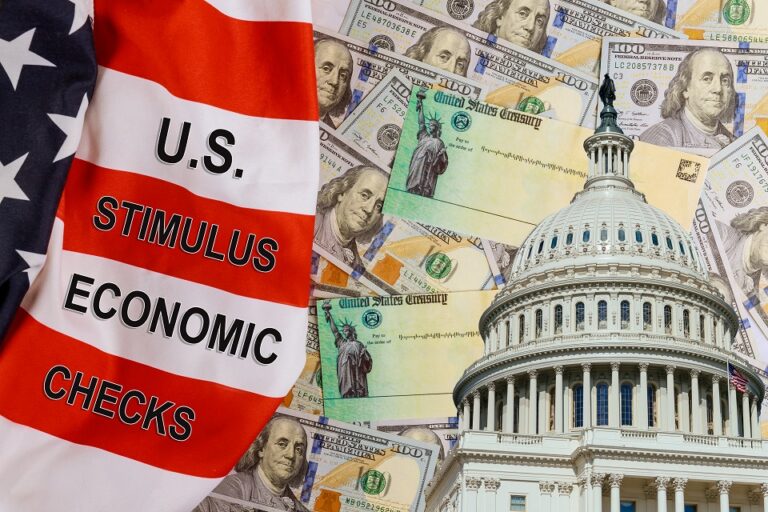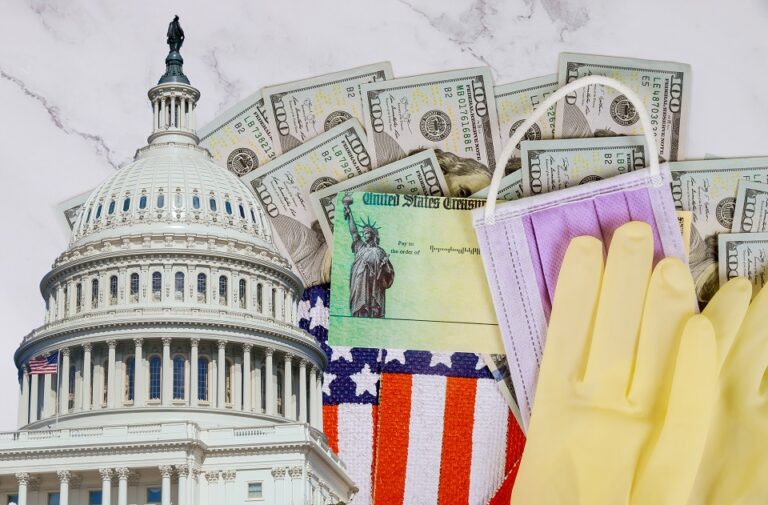![]()
Frequently Asked Questions (FAQs)
Here are answers to some of the most common questions retirees have about participating in the gig economy.
-
Do I have to report my income if I didn’t get a 1099 form?
Yes. This is a common point of confusion. You are legally required to report all income you earn, from any source, on your tax return. The 1099 is simply an informational form that a payer is required to send to you and the IRS when payments exceed a certain threshold ($600 for a 1099-NEC). Even if you earn just $50 from a single gig, that is taxable income and must be reported.
-
Can I still collect my full Social Security check while doing gig work?
It depends on your age and how much you earn. If you have reached your Full Retirement Age (FRA), you can earn as much as you want without any reduction to your Social Security benefits. However, if you are collecting benefits *before* your FRA, there is an annual earnings limit. If your earnings from your gig work (and any other job) exceed this limit, your benefits will be temporarily reduced. It’s essential to check the current year’s limit on the Social Security Administration’s website.
-
I only made a few hundred dollars. Do I really have to pay taxes on my side hustle income?
Yes. There are two types of tax to consider. First, the income is subject to regular income tax, just like any other earnings. Second, if your total net profit from all your self-employment activities for the year is $400 or more, you must file a tax return and pay self-employment tax (Social Security and Medicare). So, if you earned $500 and had no expenses, you would owe self-employment tax on that $500 profit.
-
What is the easiest way to track my expenses?
The simplest and most effective method is to have a dedicated business bank account and credit card. Use them for all business-related transactions. This creates an automatic record. You can supplement this with a simple spreadsheet to categorize your expenses or use a user-friendly accounting app designed for freelancers, many of which can link directly to your bank account and help automate the process.
-
How does this income affect my Medicare premiums?
This is an excellent and important question. Your Medicare Part B and Part D premiums are based on your Modified Adjusted Gross Income (MAGI) from two years prior. If your gig work significantly increases your MAGI, you could be subject to the Income-Related Monthly Adjustment Amount (IRMAA). This means you would pay a higher monthly premium for your Medicare coverage. This is another reason why tax planning with a professional can be valuable, as they can help you understand and plan for these potential increases.
-
My side hustle feels more like a hobby. How does the IRS tell the difference?
The IRS has a set of factors to determine if an activity is a business or a hobby. The primary distinction is your intent. Are you engaging in the activity with the intention of making a profit? If so, it’s likely a business. If it’s for sport or recreation with no real profit motive, it’s a hobby. The key difference for taxes is that with a business, you can deduct expenses and even claim a loss. With a hobby, you must report all income, but you can generally only deduct expenses up to the amount of your hobby income, and you cannot claim a loss to offset other income. For guidance on financial matters, the Consumer Financial Protection Bureau (CFPB) offers many resources for older adults.




